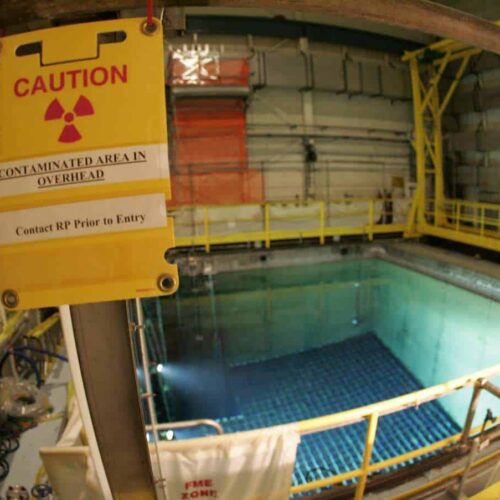Introduction
Emergency generators, which failed after a Japanese nuclear power plant was struck by a tsunami, have failed at 69 nuclear plants in the U.S., according to a new report issued Thursday by a Democratic member of Congress.
Another disclosure in the report: The U.S. Nuclear Regulatory Commission, which overseas public safety, do not require the generators be running at all times, such as when nuclear fuel is not in the reactor core. That could add to risks involving spent fuel stored in pools at many plants; without a back-up electrical system, a failing system could deprive the pools of water needed to keep the spent fuel cool.
At the Fukushima Daiichi nuclear plant, radioactive material escaped from a spent fuel pool. Cooling systems had failed.
Read more in Environment
Environment
Some energy CEOs among highest paid U.S. corporate bosses
While politicians weigh subsidies and drilling, oil execs earn fat paychecks
Environment
More hiring through ‘green’ chemistry?
Study suggests greener methods could revive chemical industry. But the industry blames Washington for job losses

Join the conversation
Show Comments